The Checklist Manifesto: How to Get Things Right
By Atul Gawande
Category
Science"The Checklist Manifesto" by Atul Gawande is a powerful and thought-provoking exploration of the impact of checklists in various fields, from medicine to aviation and construction. Gawande demonstrates how the simplicity of checklists can have profound effects on improving efficiency, reducing errors, and even saving lives.
With engaging anecdotes and compelling research, Gawande illustrates the crucial role that checklists play in ensuring consistency, collaboration, and systematic thinking. He reveals the flaws in our reliance on memory and the limitations of human cognition, highlighting the need for structured processes that allow for comprehensive and reliable decision-making.
Drawing on his own experiences as a surgeon, Gawande walks readers through real-life scenarios where checklists have transformed complex tasks into manageable steps, ultimately highlighting their potential to improve outcomes in countless industries. He emphasizes the importance of designing checklists that are concise, specific, and adaptable to different situations, while outlining the essential elements that make a checklist effective.
"The Checklist Manifesto" challenges the perception that checklists are rudimentary tools, demonstrating that they have the capacity to enhance professional performance and promote better communication across teams. Through vivid narratives and practical examples, Gawande presents an empowering argument for the adoption of checklists as a powerful and yet often overlooked innovation in transforming the way we approach our work.
Provocative and insightful, "The Checklist Manifesto" offers a compelling case for embracing the humble checklist as a valuable tool in a complex and fast-paced world. It is a must-read for anyone seeking to improve outcomes, avoid preventable errors, and achieve higher levels of success in their chosen field.
With engaging anecdotes and compelling research, Gawande illustrates the crucial role that checklists play in ensuring consistency, collaboration, and systematic thinking. He reveals the flaws in our reliance on memory and the limitations of human cognition, highlighting the need for structured processes that allow for comprehensive and reliable decision-making.
Drawing on his own experiences as a surgeon, Gawande walks readers through real-life scenarios where checklists have transformed complex tasks into manageable steps, ultimately highlighting their potential to improve outcomes in countless industries. He emphasizes the importance of designing checklists that are concise, specific, and adaptable to different situations, while outlining the essential elements that make a checklist effective.
"The Checklist Manifesto" challenges the perception that checklists are rudimentary tools, demonstrating that they have the capacity to enhance professional performance and promote better communication across teams. Through vivid narratives and practical examples, Gawande presents an empowering argument for the adoption of checklists as a powerful and yet often overlooked innovation in transforming the way we approach our work.
Provocative and insightful, "The Checklist Manifesto" offers a compelling case for embracing the humble checklist as a valuable tool in a complex and fast-paced world. It is a must-read for anyone seeking to improve outcomes, avoid preventable errors, and achieve higher levels of success in their chosen field.
Share This Book 📚
More Books in Science
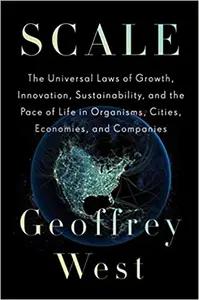
Scale
Geoffrey West
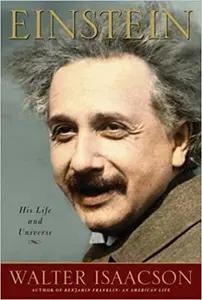
Einstein
Walter Isaacson
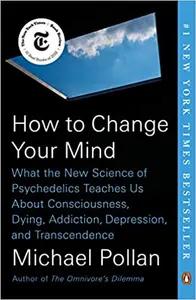
How to Change Your Mind
Michael Pollan
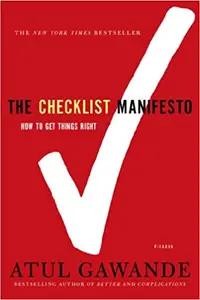
The Checklist Manifesto
Atul Gawande

When Breath Becomes Air
Paul Kalanithi
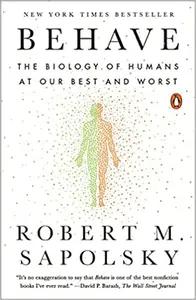
Behave
Robert Sapolsky
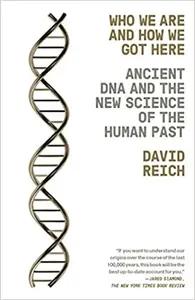
Who We Are and How We Got Here
David Reich
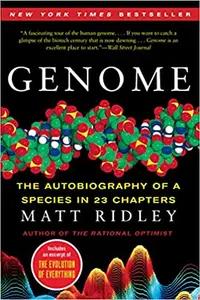
Genome
Matt Ridley
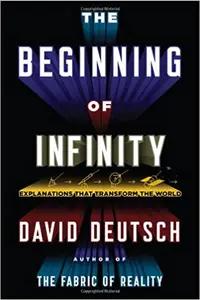
The Beginning Of Infinity
David Deutsch

The Origin of Consciousness in the Breakdown of the Bicameral Mind
Julian Jaynes
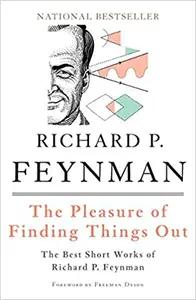
The Pleasure of Finding Things Out
Richard P. Feynman
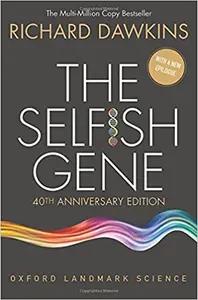
The Selfish Gene
Richard Dawkins
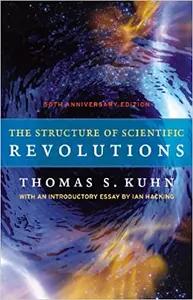
The Structure of Scientific Revolutions
Thomas Kuhn

I Contain Multitudes
Ed Yong
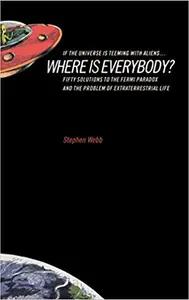
If The Universe Is Teeming With Aliens...Where Is Everybody?
Stephen Webb
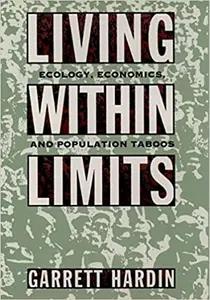
Living Within Limits
Garrett Hardin
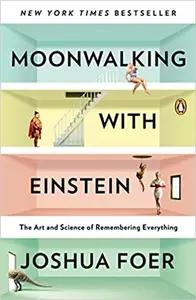
Moonwalking with Einstein
Joshua Foer

QED
Richard Feynman

Six Easy Pieces
Richard P. Feynman
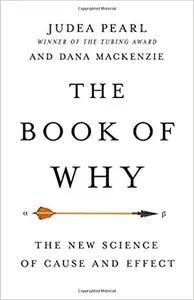
The Book of Why
Judea Pearl
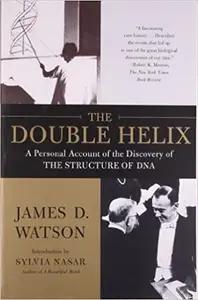
The Double Helix
James D. Watson Ph.D.
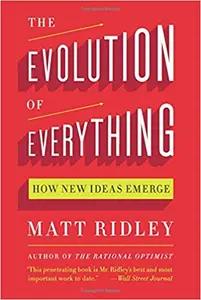
The Evolution of Everything
Matt Ridley
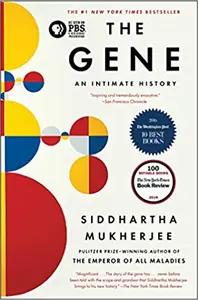
The Gene
Siddhartha Mukherjee
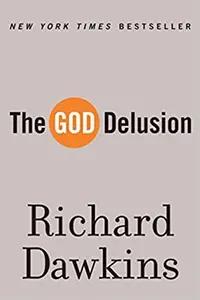
The God Delusion
Richard Dawkins
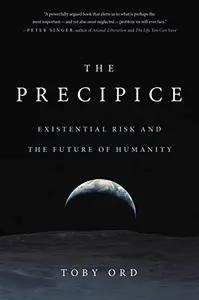
The Precipice
Toby Ord
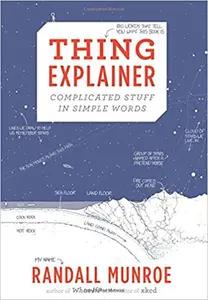
Thing Explainer
Randall Munroe
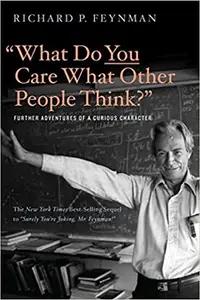
What Do You Care What Other People Think?
Richard P. Feynman
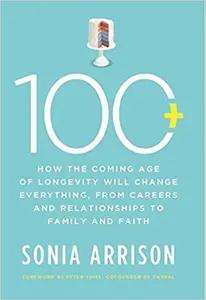
100 Plus
Sonia Arrison
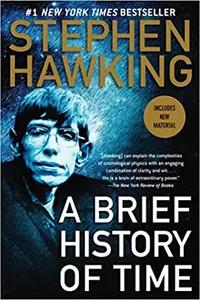
A Brief History of Time
Stephen Hawking
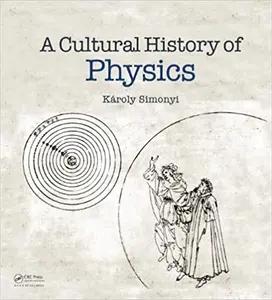
A Cultural History of Physics
Karoly Simonyi
Popular Books Recommended by Great Minds 📚
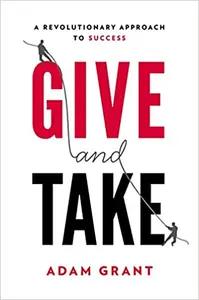
Give and Take
Adam Grant
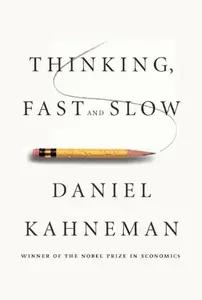
Thinking, Fast and Slow
Daniel Kahneman
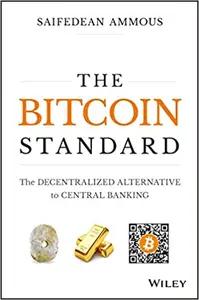
The Bitcoin Standard
Saifedean Ammous
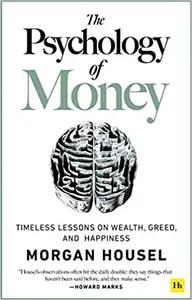
The Psychology of Money
Morgan Housel

The Intelligent Investor
Benjamin Graham
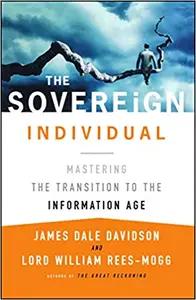
The Sovereign Individual
James Dale Davidson & William Rees-Mogg
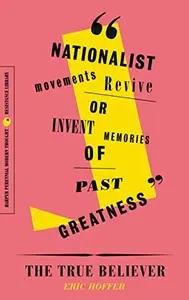
The True Believer
Eric Hoffer
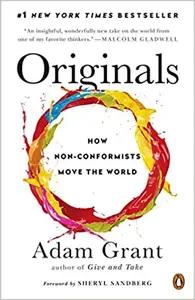
Originals
Adam Grant
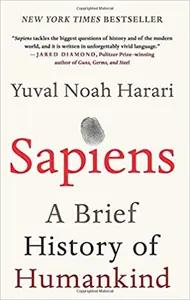
Sapiens
Yuval Noah Harari
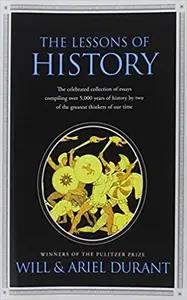
The Lessons of History
Will & Ariel Durant
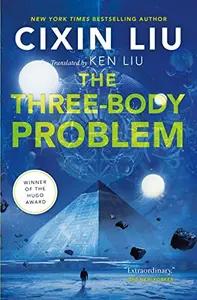
The Three Body Problem
Cixin Liu
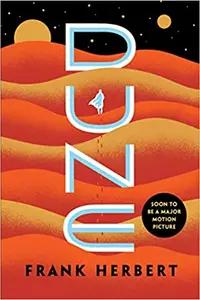
Dune
Frank Herbert
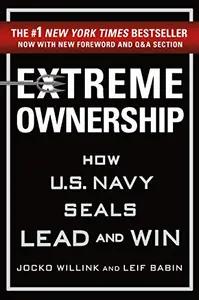
Extreme Ownership
Jocko Willink
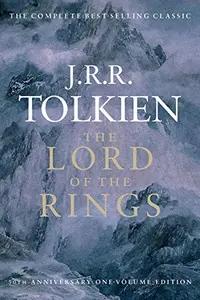
The Lord of the Rings
J.R.R. Tolkien
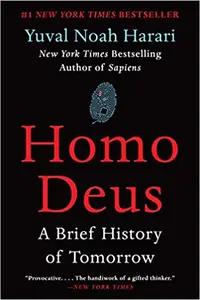
Homo Deus
Yuval Noah Harari
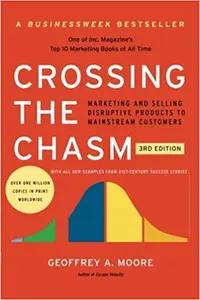
Crossing the Chasm
Geoffrey Moore

The Holy Bible
Various
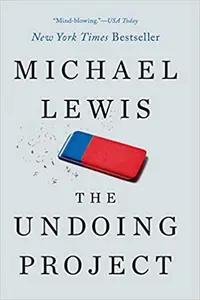
The Undoing Project
Michael Lewis
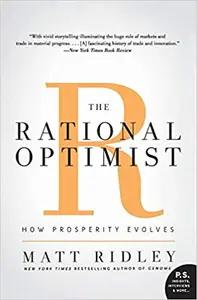
The Rational Optimist
Matt Ridley
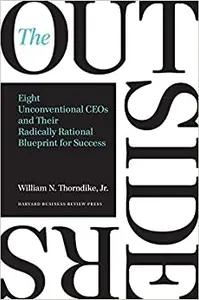
The Outsiders
William Thorndike
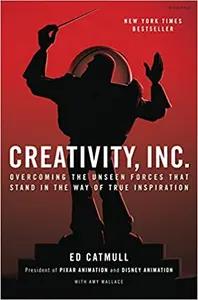
Creativity, Inc.
Ed Catmull
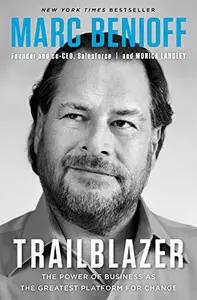
Trailblazer
Marc Benioff
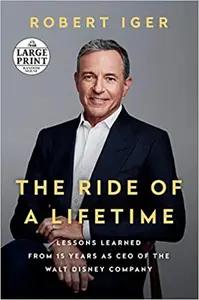
The Ride of a Lifetime
Bob Iger
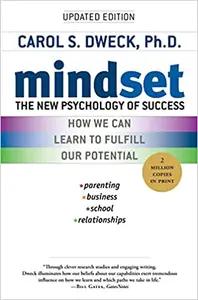
Mindset
Carol Dweck
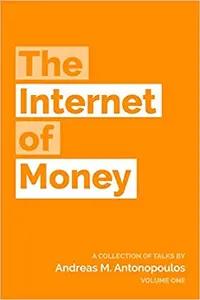
The Internet of Money Volume 1
Andreas Antonopolous
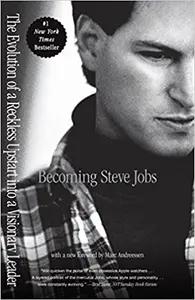
Becoming Steve Jobs
Brent Schlender
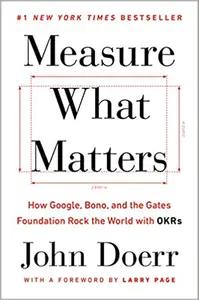
Measure What Matters
John Doerr
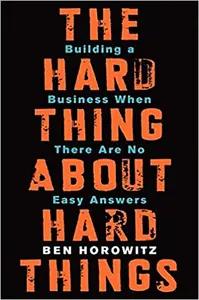
The Hard Thing About Hard Things
Ben Horowitz
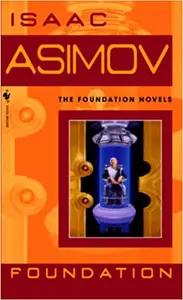
Foundation
Isaac Asimov
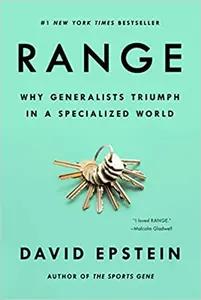
Range
David Epstein